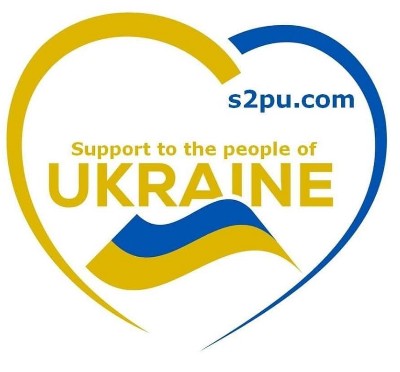
A sovereign, independent and stable Ukraine, firmly committed to democracy and the rule of law, is key to Euro-Atlantic security. Relations between NATO and Ukraine date back to the early 1990s and have since developed into one of the most substantial of NATO’s partnerships. Since 2014, in the wake of the Russia-Ukraine conflict, cooperation has been intensified in critical areas.
Highlights
- Dialogue and cooperation started after the end of the Cold War, when newly independent Ukraine joined the North Atlantic Cooperation Council (1991) and the Partnership for Peace programme (1994).
- Relations were strengthened with the signing of the 1997 Charter on a Distinctive Partnership, which established the NATO-Ukraine Commission (NUC) to take cooperation forward.
- The Declaration of 2009 to Complement the NATO-Ukraine Charter mandated the NUC, through Ukraine’s Annual National Programme, to underpin Ukraine’s efforts to take forward reforms aimed at implementing Ukraine’s Euro-Atlantic aspirations
- Cooperation has deepened over time and is mutually beneficial with Ukraine actively contributing to NATO-led operations and missions.
- Priority is given to support for comprehensive reform in the security and defence sector, which is vital for Ukraine’s democratic development and for strengthening its ability to defend itself.
- In response to the Russia-Ukraine conflict, NATO has reinforced its support for capability development and capacity building in Ukraine.
- Since the NATO Summit in Warsaw in July 2016, NATO’s practical support for Ukraine has been subsumed in the Comprehensive Assistance Package (CAP) for Ukraine.
- In June 2017, the Ukrainian Parliament adopted legislation reinstating membership in NATO as a strategic foreign and security policy objective.
More: NATO-Ukraine Commission

Comments powered by CComment